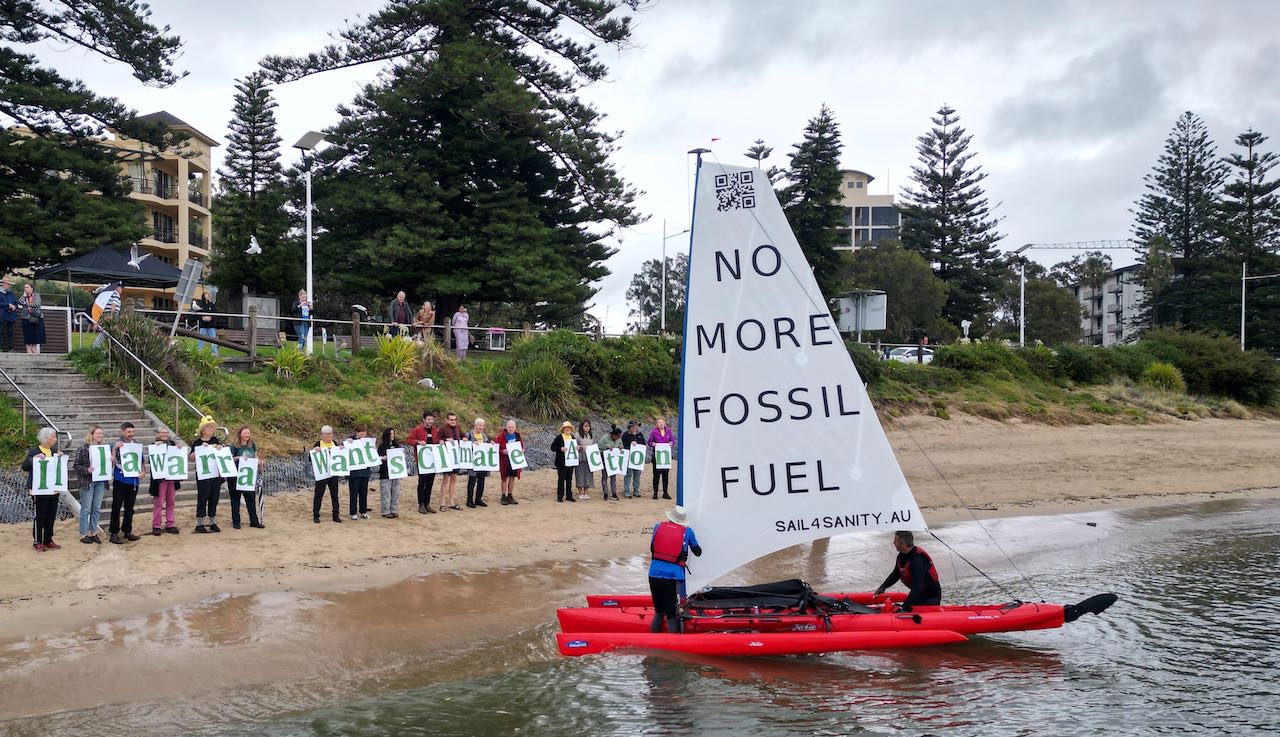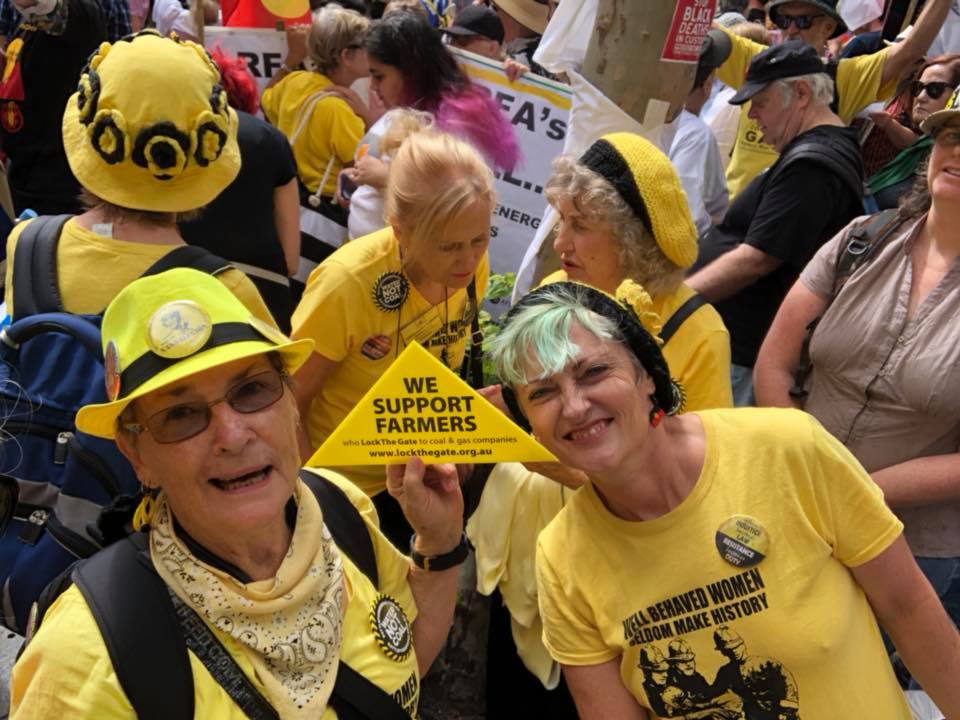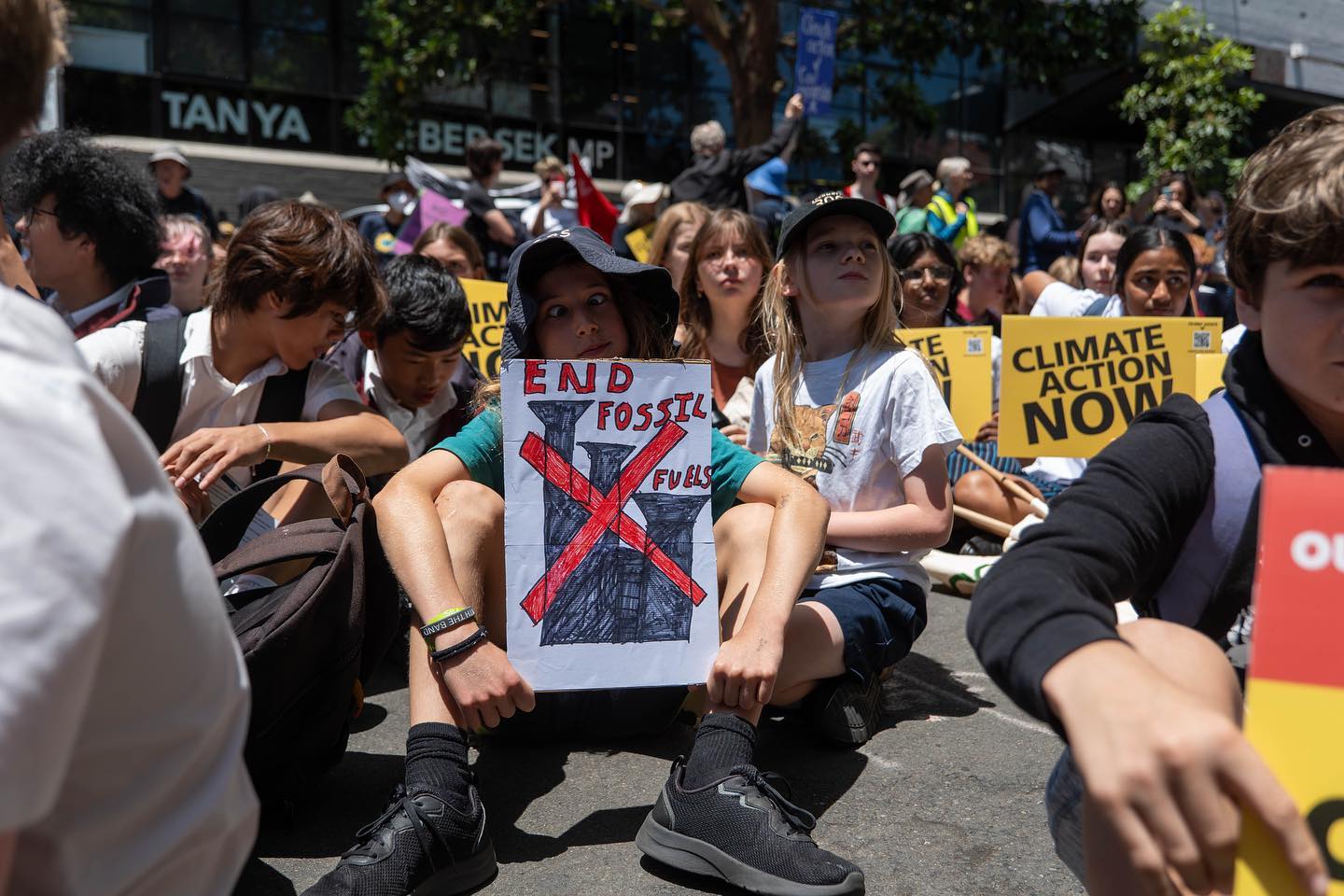The School Strike 4 Climate have partnered with Rising Tide to stage what they hope will be the biggest civil disobedience action in the history of Australia this weekend.
They plan to block the biggest coal port in the world which is in Newcastle, 175 kilometres north of Sydney, NSW.
As a journalist and activist, I’m joining the blockade. In the morning, my partner and I will load up two kayaks to head north.
Organising an action of this size is a huge task. I wanted to know how it was done. So after following some amazingly dedicated volunteers, I wrote this story for Michael West media.

Sail4Sanity leaves the Illawarra on the South Coast on its journey north.
It’s a developing story, so I hope to update my blog and follow the action on my X (old twitter) over the weekend. I’ll try to convey a flavour of the action and the motivations of the huge range of participants. In my story, you can read about Sail4Sanity duo who have kayaked from Port Kembla to Newcastle to join the blockade and the indefatigable Knitting Nannas that also featured in my last story on this blog.

School strikers frustrated by lack of Labor government’s action on fossil fuels
School strikers from several states are heading to Newcastle. This follows marches last Friday by thousands of strike supporters in cities and towns across Australia, demanding that the Federal government stop approving fossil fuel projects.
The emphasis on fossil fuel exports reflects a growing awareness that Australia, as the world’s third-largest exporter of fossil fuels, is a major contributor to global warming. While Australia needs to do more to meet even its domestic emissions target of net zero by 2050, its exports when burnt emit three times more than its domestic emissions. It is the fifth-biggest producer of coal and the seventh-biggest producer of gas. Researchers at the Australia Institute have found that “there can be no new coal mines if we are to avoid dangerous climate change.” According to the Institute’s coal tracker, four new coal projects already approved by the Minister for Environment Tanya Plibersek will add 147 million tonnes of carbon emissions to the environment. If the 25 additional projects in the pipeline were to be approved, the total extra emissions from coal alone with add 12.8 billion tons of emissions.
Frustration with the Labor Albanese government was evident at last week’s School Strike protests when students and their supporters marched to the office of the Federal Minister for the Environment, Tanya Plibersek.

SchoolStrike4Climate protesters 17/11/23.
In a live video from the march, blockade organiser Rising Tide organiser Alexa Stuart said that she was “tired of the (Federal) government not doing enough”. She declared Friday’s strike was “just the beginning’ and urged others to join the “massive weekend’.
Stuart left school in 2021 and has postponed tertiary study to work full-time on climate action because she has a ‘sense of urgency’ that there are only a few years to turn climate change around. “I could spend the time, so I felt I should,” she said.” She was inspired to join Rising Tide because of the scale of its vision and determination to organise, which gave her confidence that the group has a good chance of achieving its goals.
It was also this determined organisng that led me and other friends to head for Newcastle this weekend. As I wrote at the end of my Michael West media story, I was born in the aftermath of the Second World War in Victoria where the development of brown coal in the Latrobe Valley was seen as a symbol of ‘progress’ and prosperity. I remember the first plastic bags and the first plastic drink bottles that heralded how ever more ‘modern’ we were confident of becoming. Last Friday, I turned 77 - I couldn’t help notice that November 17, was the first day the atmosphere across the globe measured more than two degrees above the pre-industrial levels. Then it happend again on the November 18. Of course this is not an average but it is very clear that the agreed limit of 1.5 degrees celsius is very likely to be exceeded. Richard Allan, professor of climate science at the University of Reading in the UK, called the breach a “canary in the coalmine” which “underscores the urgency of tackling greenhouse gas emissions.”
Already, we are experiencing the terrible impacts of increased heat, drought, extreme storms, fire and flooding that, as predicted, are increasing. There is no time or resources to fix one disaster before the next one arrives. If the globe reaches 2 degrees warmer than pre industrial levels, the impacts will be far worse - for a start marine scientists warn that 99% of the world’s coral reefs could die leading to the collapse of marine ecosystems.
The thought that our politicans and corporate leaders are prepared to open massive fossil fuels projects is terrifying in the light of these climate trends and predictions. No wonder anxiety is on the rise. But we are also told that everly fraction of global warming matters.
So in this context we must act. I agree with Professor Lesley Hughes of the Climate Council and Alexa Stuart that hope needs to be a strategy, not an emotion. Read a recent interview with Professor Hughes by Graham Readfearn here.
This is why I joined Rising Tide.